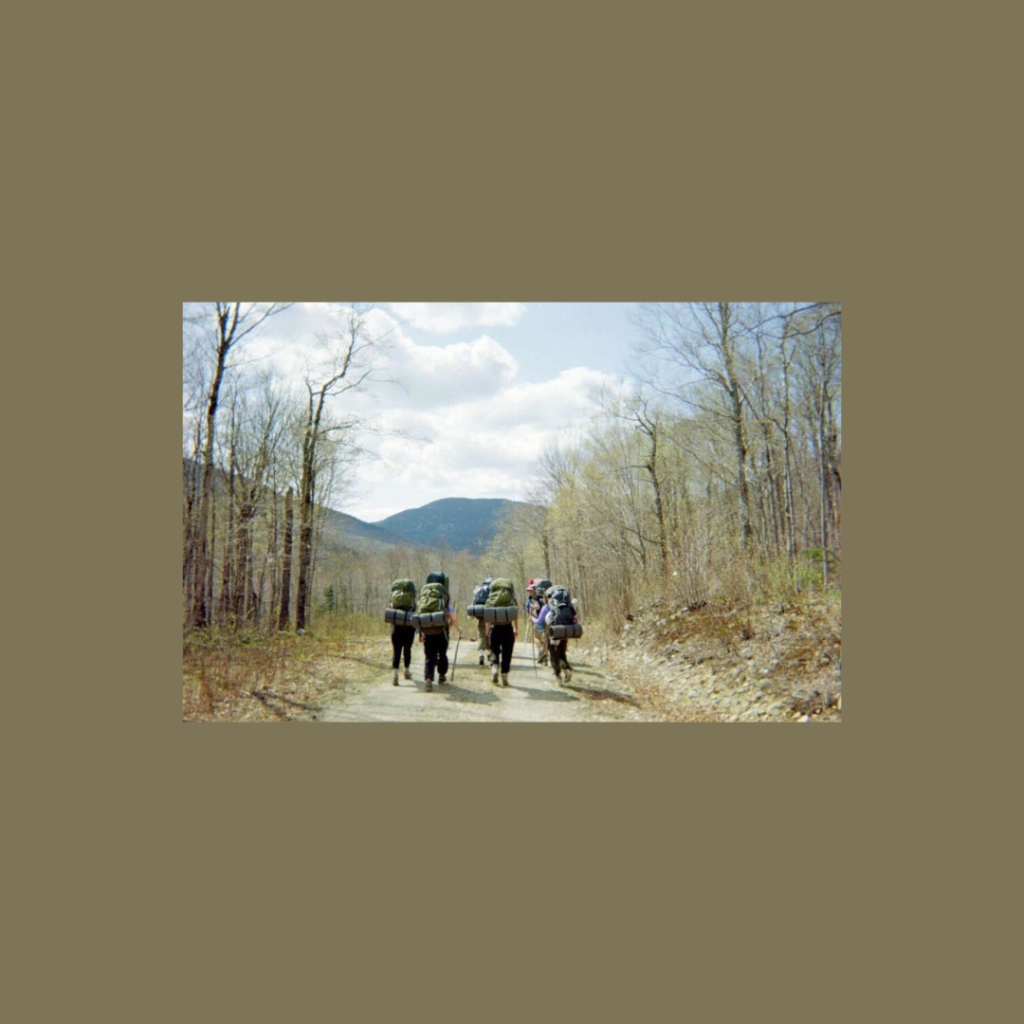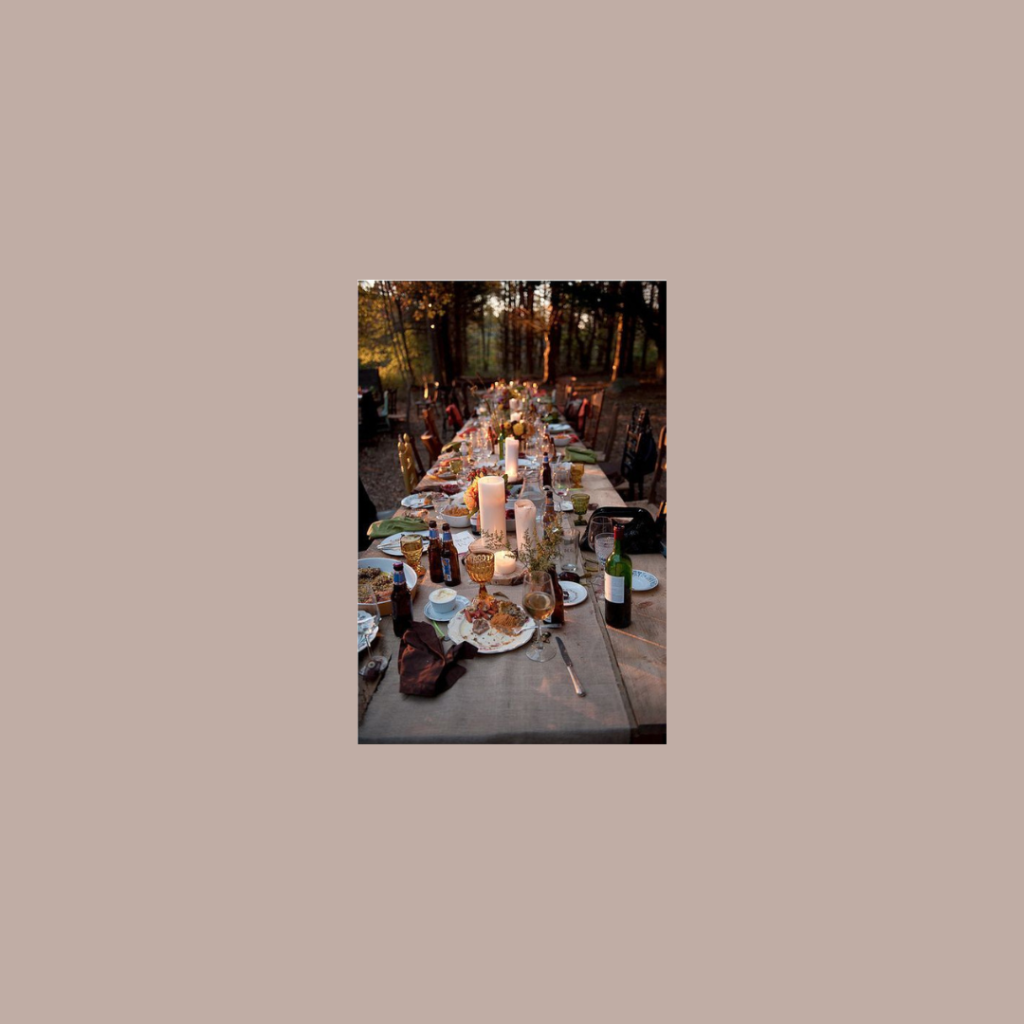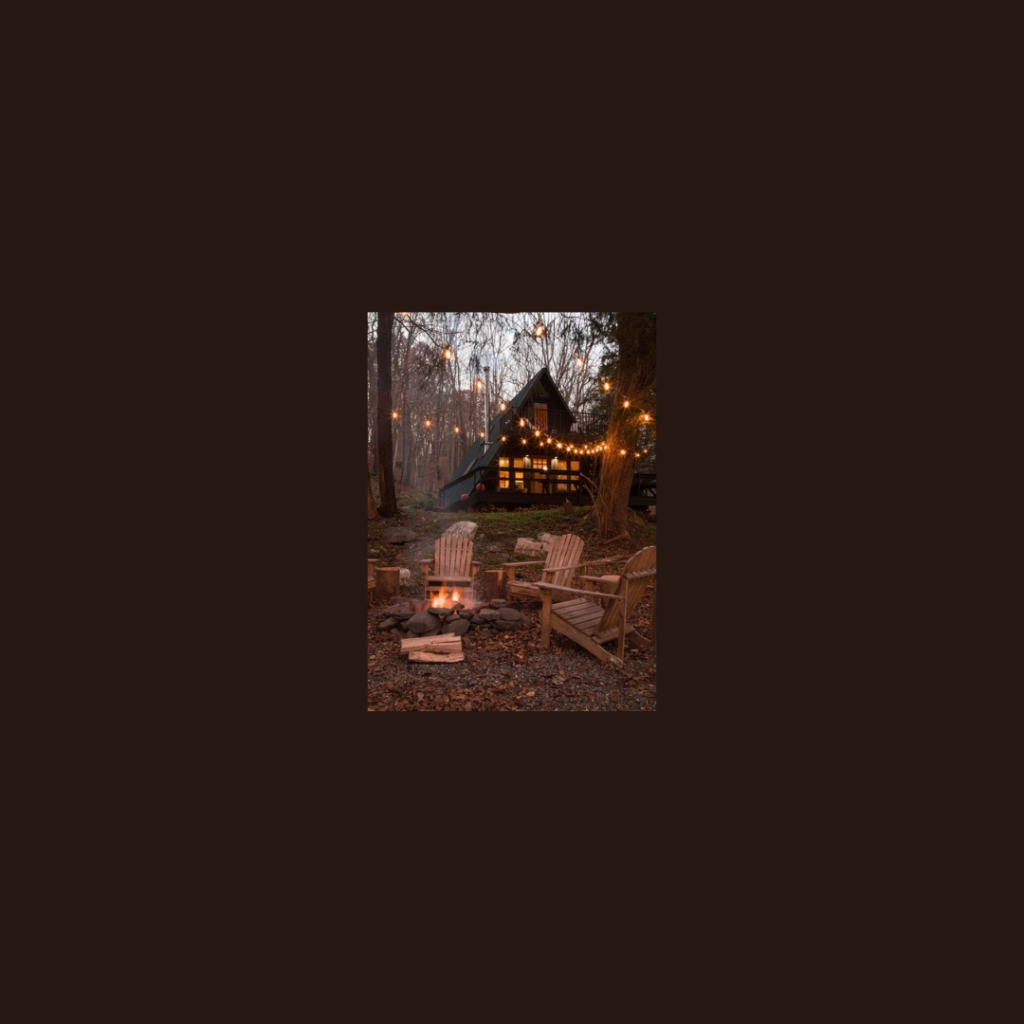Written by Annie Michel
I remember the first time I wore a mask and how awkward I felt. Now, I am afraid of talking to the person taking my coffee order at Bay Islands or touching the handle on my car door. Every time I go outside, I wonder if I am being paranoid. My brother makes fun of me for applying hand sanitizer whenever I leave my apartment, even if I do not touch a single surface. I never go outside without a mask and I never want to get too close to people. I think – I hope – that my behavior is justified because of COVID-19, but I wonder if it will change when this is all over. Of course, I will not be as terrified of contracting this particular disease, but I feel like the pandemic has created a schism in what we accepted as standards of hygiene and what is actually “clean” or “germ-free.” I will be the first to admit that I did not always wash my hands immediately after returning home, never even thinking about all of the germs that I might have come into contact with. But now, I honestly feel the germs on my hands the second I step outside — I do not mean to be dramatic, but does anyone else feel this way or am I just going crazy?
Little invokes a greater discomfort in me than seeing people without masks congregating together. The image of crowds crammed together —my heart races with fear. Videos of droplets of spit projecting towards people are forever embedded in my memory. Suffice it to say that a return to a no-mask social life will be a slow process for me. Most worrying to me is that I have become afraid of being around people. I have begun to see others as a possible source of contamination, potential harbingers of the disease. I have found this feeling echoed by survivors of the 1918 Pandemic. Daniel Tonkel, an influenza survivor, describes the fear in simply talking to others: “Don’t breathe in my face; don’t look at me and breathe in my face, because you may give me the germ that I don’t want.”
Looking back to the 1918 Influenza Pandemic, the differences in how communities responded to the pandemic often correlated to how they related to each other after it. Those areas that had few regulations, and little trust between the people, the government, and other citizens, experienced more difficulty in eventually trusting others again. As John M. Barry, the author of “The Great Influenza,” describes in the aforementioned article, after the pandemic passed, people “didn’t visit each other, bring food over, have parties all the time. The neighborhood changed. People changed. Everything changed.” Similarly, I think that COVID-19 will alter our interactions with each other long after it is brought under control, that it will continue to act as an invisible barrier, separating us socially and physically for years to come. This is not to say I do not think we, as a society, will never recover from the effects of the pandemic. I think we will with time but I also think that for a speedy recovery, we must be able to rely on others and do the necessary work to ensure that we are keeping each other safe.




Leave a comment